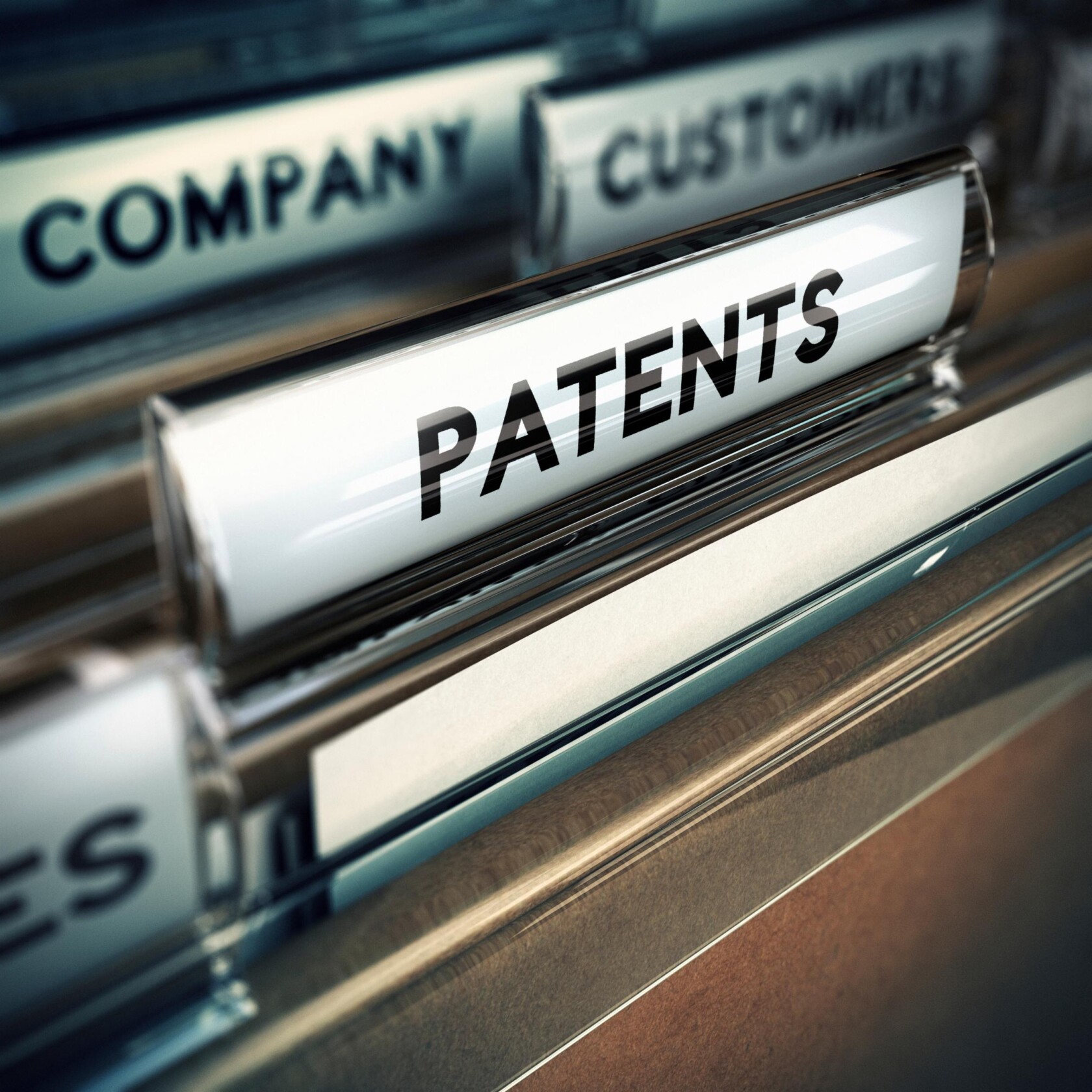Supreme Court Deals Blow To Diagnostic Method Patents, Denies Cert In Sequenom

“If you can’t say something nice, don’t say anything at all” can be good words to live by, but in the context of the Supreme Court’s denial of certiorari in Sequenom (scroll down to page 3), the silence is deafening–and could have a chilling impact on innovation in the fields of diagnostic and personalized medicine. Without knowing the Justice’s views on Sequenom, we are left with uncertainty surrounding the patent eligibility of diagnostic methods.
Do the Justices think the Federal Circuit reached the right result here because the claims are so “broad” (according to Judge Lourie)?
Would they look more favorably on claims that were more “narrowly drawn and actually reduced to practice” as Judge Dyk suggests?
Do they believe that “all discoveries of natural phenomena [and] their application in new ways or for new uses are ineligible for patenting,” as Judge Newman asked?
Do they question the value of patents in promoting innovation and investment in the development of “breakthrough” diagnostic methods?
Would having a ninth justice on the Court have made a difference?
Now that the Federal Circuit decision has become final, the USPTO is likely to revisit at least the diagnostic methods examples of the Subject Matter Eligibility Examples released May 4, 2016, and stakeholders may renew their efforts to lobby Congress to amend 35 USC § 101 and rectify the law of subject matter eligibility as it relates to diagnostic methods and personalized medicine.
